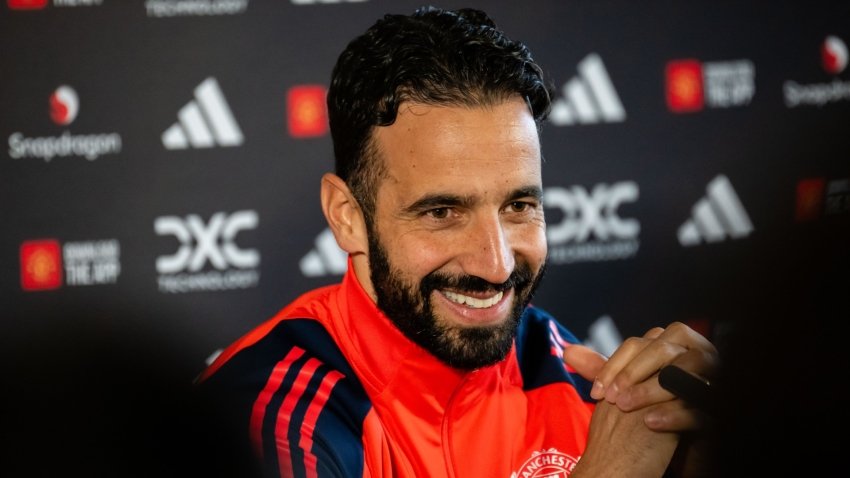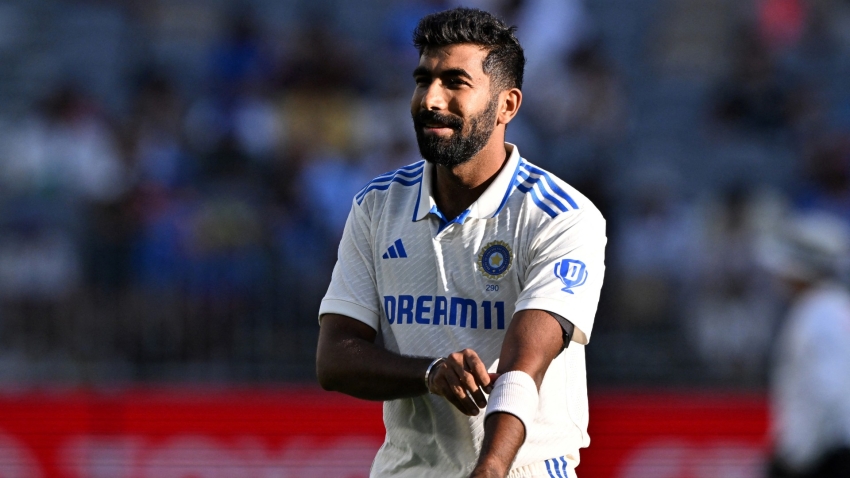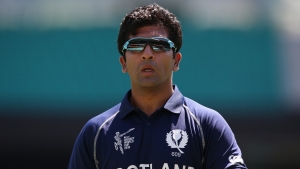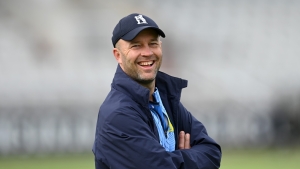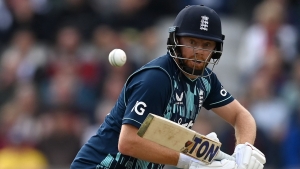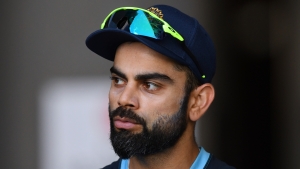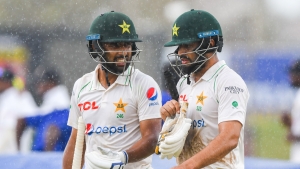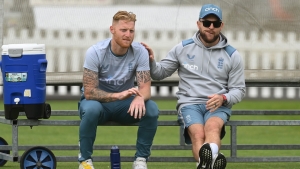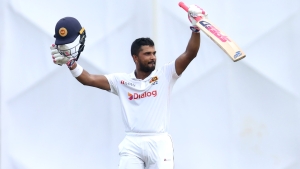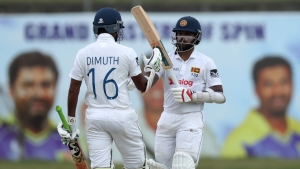"England have won the World Cup – by the barest of margins. By the barest of all margins. Absolute ecstasy for England. Agony, agony for New Zealand!"
Those were the words from commentator Ian Smith that stick long in the memory from the dramatic 2019 World Cup final, England winning the 50-over competition after a culmination of four years of planning.
But Smith's dramatic exclamation, the spectacle, and the complete chaos at Lord's would not have been possible without Christchurch-born Ben Stokes.
England were reeling at 86-4 chasing 242 in tricky conditions against an unrelenting New Zealand attack, before Stokes – aided by a fortuitous dive – struck an unbeaten 84 to take the final to a Super Over.
Not satisfied with his fifth half-century of the tournament, and arguably the greatest white-ball innings of all time, Stokes added eight runs in the subsequent Super Over as England were crowned world champions on the bizarre boundary countback ruling.
The all-rounder's crowning moment in white-ball cricket came just three years after conceding four consecutive sixes in the last over of the T20 World Cup final as Carlos Braithwaite powered West Indies to victory.
That response typified the gritty character of Stokes, whose decision on Monday came to prolong his Test captaincy and career with England.
Here, Stats Perform looks back at the data underpinning a remarkable ODI career, which came to an end after Stokes' last outing against South Africa at home ground Durham on Tuesday.
Australian dominance
Stokes will further haunt Australian cricket after his Headingley heroics, though he laid the platform for years of torment in ODI cricket.
The 31-year-old posted his maiden ODI fifty against Australia in Perth in 2014 and recorded his best career figures in the format against England's fierce rivals, taking 5-61 in 2013 at Southampton.
He also managed his highest score in 50-over internationals against Australia, finishing unbeaten on 102 in the Champions Trophy in 2017 at Edgbaston in a one-sided victory for England.
Despite playing his most ODIs against India (20), Stokes accumulated his most runs against a single country when playing Australia (652 in 17 matches).
While enjoying various clashes with Australia, Stokes' ODI career ended with somewhat of a whimper, managing just 48 runs in three innings against India before scoring only five in his final match at Durham.
Though failing to deliver in the closing stages of a glittering 50-over international career that spanned 11 years, Stokes retired having scored 2,924 runs at an average of 38.98.
That included three centuries, 21 fifties and just six ducks, having bludgeoned 238 fours and 88 maximums. His strike rate of 95.26 is the sixth-highest among England batters to have played over 50 innings.
With the ball, Stokes bowled 518.2 overs – 3,110 deliveries – and claimed 74 dismissals at an average of 42.39, going at just over a run-a-ball six runs per over throughout his career.
The complete cricketer
"No way! No, no way! You cannot do that, Ben Stokes," Nasser Hussain exclaimed on Sky Sports as Stokes produced a remarkable leap and one-handed catch over his head to dismiss Andile Phehlukwayo in England's World Cup opening 104-run win over South Africa in 2019.
Stokes will take rightful plaudits for his batting and bowling achievements, but credit must also be granted for his fielding ability – a star in all three facets of the game.
Only seven players have taken more catches for England in ODI cricket than the 49 of Stokes.
He is also part of an exclusive club of players to take three catches in a single ODI innings for England, with Chris Woakes (four against Pakistan in 2019) the only player to take more in one match.
Employed in the hot zones where the ball is expected to go, whether that be deep-midwicket, long-on or extra cover, Jos Buttler's side will sorely miss Stokes' athleticism and gun fielding.
Leaving a Lord's legacy
Cometh the hour, cometh the man. The inevitability of Stokes' Lord's heroics was undeniable, though none could expect victory to come about in the fashion it did.
He scored five fifties and averaged 66.4 across 10 innings in the World Cup that ended with the defining innings of a game viewed by many as the greatest of all time.
Yet without a contentious umpiring decision in a moment of carnage and a Trent Boult overstep on the boundary, Stokes would never had the opportunity to be the hero for England.
Stokes, requiring nine off three to win the final, produced a despairing dive and saw his outstretched bat deflect the ball to the boundary for four overthrows and six runs in total – a clear umpiring mistake.
But with two needed off the final ball, Stokes opted to nudge a full toss into the leg side, appreciating a one would keep England in the game as opposed to taking the risk of being caught, such was his calculated thinking amid the chaos in Lord's sun.
More heroics were to follow in the Super Over, smashing eight off just three balls to take England to 15 before Buttler and Jason Roy's run-out of Martin Guptill sealed a memorable triumph.
Fittingly, Stokes finished with five fours and two sixes in his match-defining 84 off 98 deliveries, the most times a player found the rope in the final that was decided by boundary countback.
If his ODI legacy is defined by one game, it should be the one in which he held his nerve while chaos ensued all around him.











